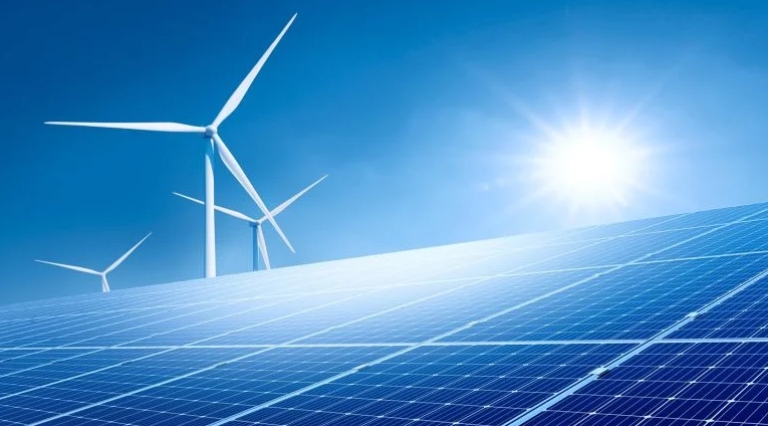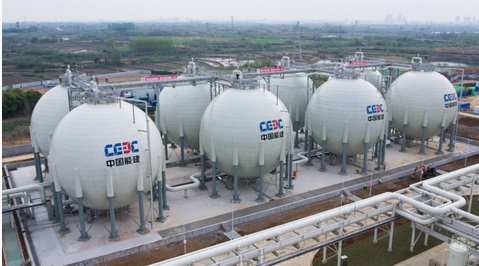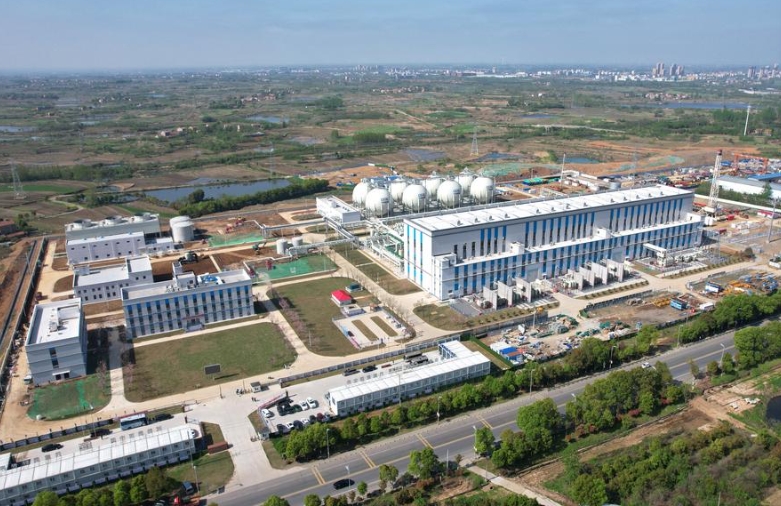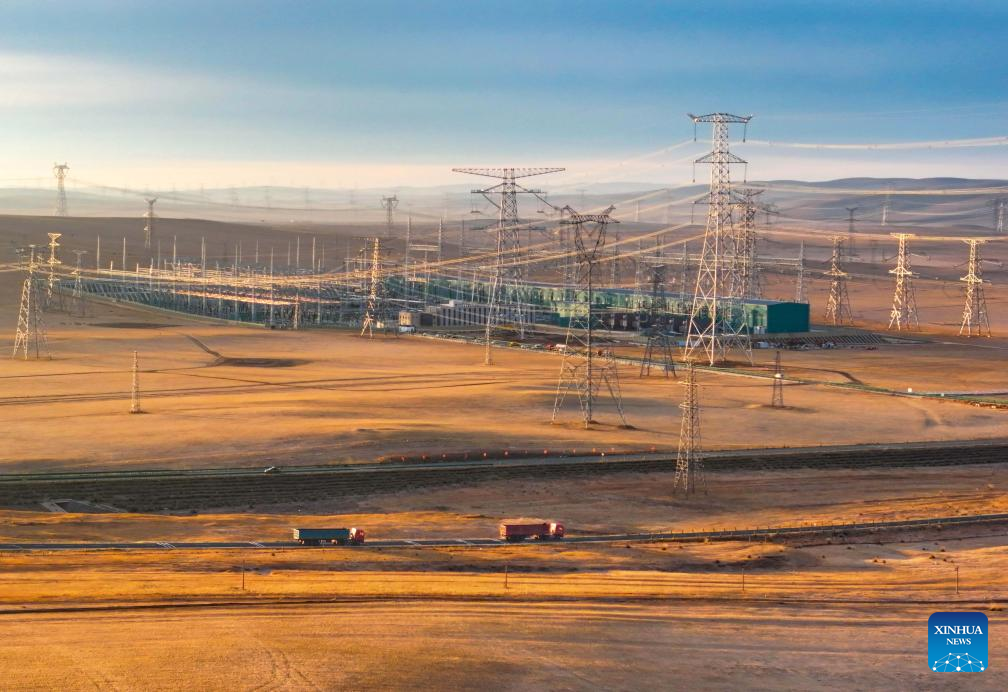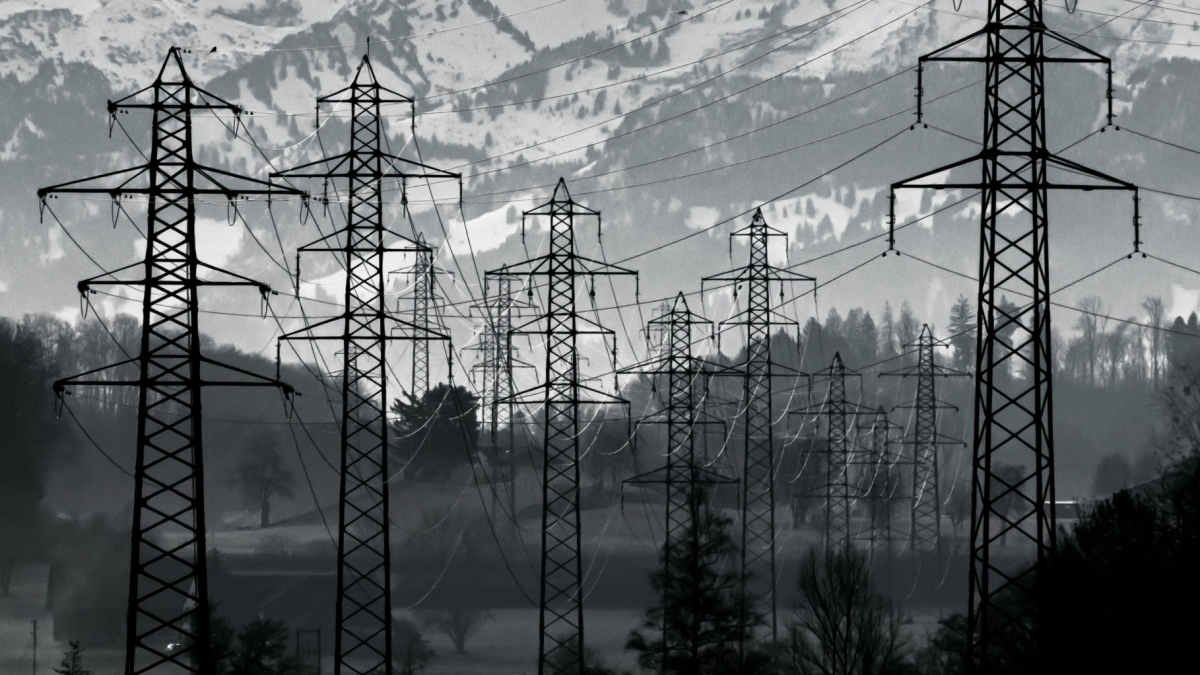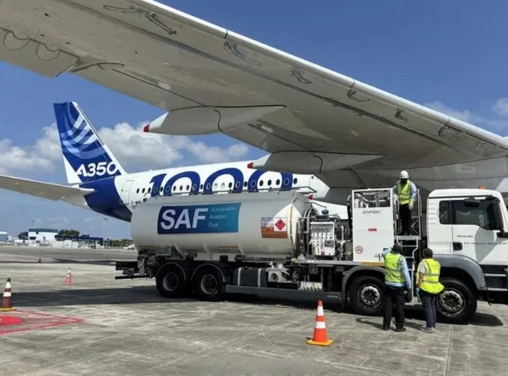
Global aircraft manufacturer Airbus (EPA: AIR) and Austria's integrated energy company OMV (VIE: OMV) are partnering on sustainable aviation fuel, according to both companies.
Through their partnership, first revealed on Friday, Airbus and OMV hope to combine "their expertise to lead the industry towards decarbonization."
SAF is said to reduce greenhouse gas emissions by up to 80% on average compared to conventional jet fuel over its entire life-cycle. Europe's airlines have been queuing up to buy SAFs. That's because the European Union wants the economic bloc's carriers to use progressively increasing amounts of SAFs.
The EU's latest published ambitions have the assigned quota for SAF usage within the borders of its 27-members to increase to 70% by 2050, from a starting point of 2% in 2025.
Airlines have largely shown their willingness to respond in kind to the target. However, many grumble that the high target appears unsustainable. For starters, costs are pretty high. SAFs typically cost three to five times that of conventional aviation fuel.
Despite that, many in the industry can't get their hands on SAFs fast enough, even for a steep price. Unsurprisingly, all types of SAFs currently account for less than 0.5% of global jet fuel usage.


